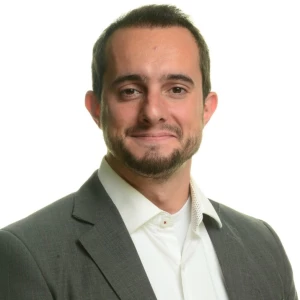hello all,
I have upcoming Mck interviews in an european office next month.
I have a doubt arising: how much time is it ‘fair’ to take after a question to answer?
I guess something from 1 to 2 minutes is okay, then it starts looking too long, but this is my hypothesis.
I ask this since in some questions (such as brainstorming), the time taken to think and structure can change significantly the quality of the answer.
Thanks!















